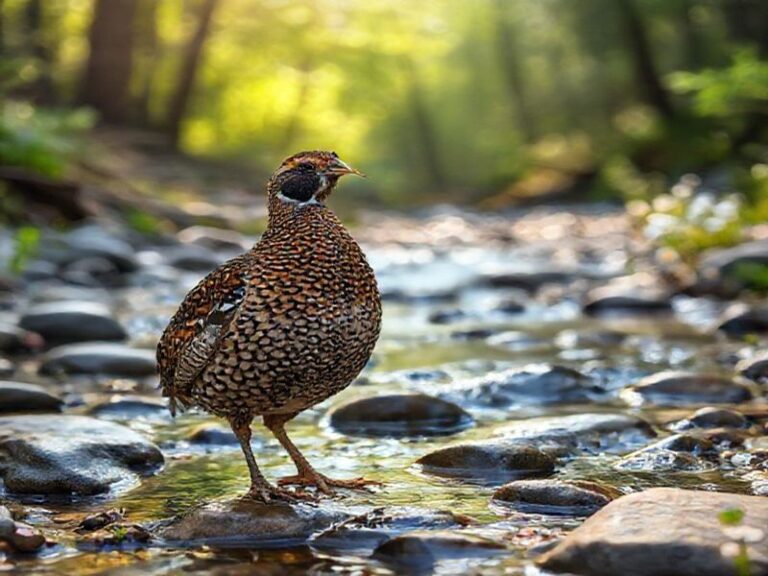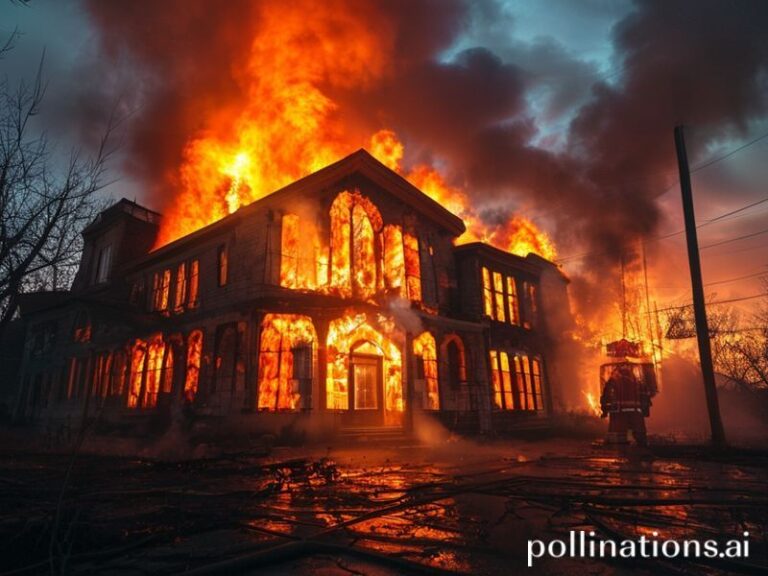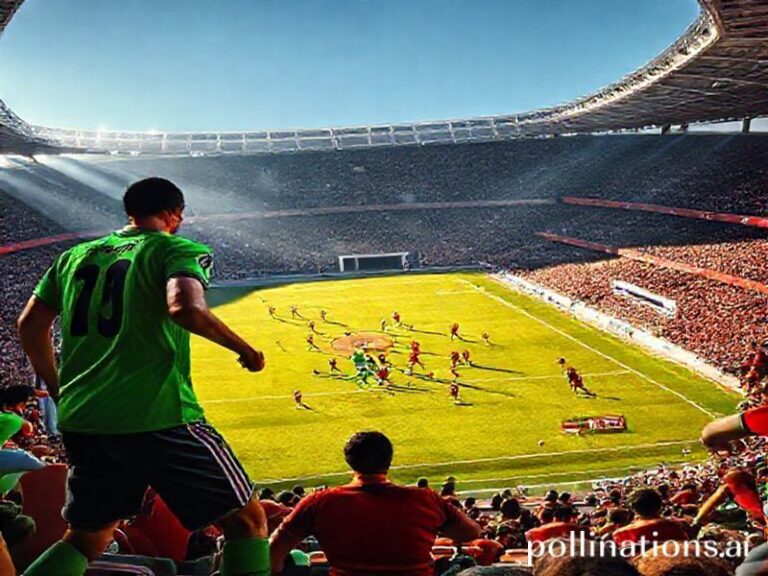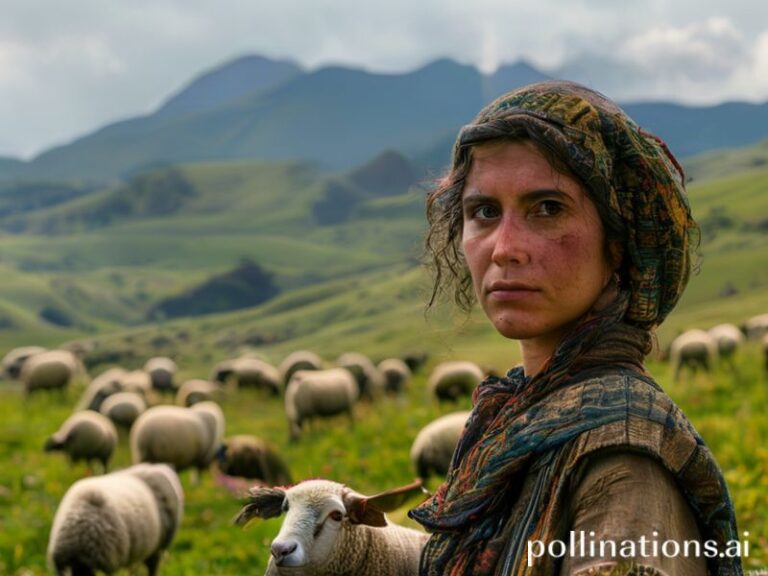Rafe Spall: Britain’s Soft-Power Export in the Age of Streaming Anxiety
Rafe Spall and the Global Theatre of Second-Generation Stardom
By our correspondent in the departure lounge of cultural relevance
Somewhere between the duty-free Toblerone and the last-call for the red-eye to Reykjavík, it occurred to me that Rafe Spall has quietly become the most internationally useful Spall since the Treaty of Utrecht. While the planet debates tariffs, trolls, and the precise number of democratic backslides before breakfast, Spall keeps popping up in multiplexes and streaming queues like a polite but persistent rash: speaking French in an Apple TV espionage farce, fumbling a heist in a Spanish plaza, or confessing adultery in subtitled Swedish. The takeaway is as bleakly comforting as airline coffee: if the world is ending, at least it’s ending with a Spall in frame.
The British—those tireless exporters of weather and class anxiety—have always understood that nepotism travels well. Timothy Spall, Rafe’s father and the nation’s favourite rumpled walrus, spent decades perfecting the art of looking chronically disappointed on screen. Young Rafe inherited the jowls, the hangdog eyes, and, crucially, the brand recognition that Hollywood mistakes for talent. In a global market addicted to “pre-awareness”, a surname is a passport; the Spall stamp gets you expedited entry through the velvet rope of international co-productions. It’s the cinematic equivalent of diplomatic immunity, except the only thing being smuggled is another middle-class British male in emotional disarray.
Consider the numbers. In 2023 alone, Spall appeared in productions financed from South Korea (via Netflix’s “Goodbye Earth” panic-binge), Canada (a Toronto-shot rom-com that pretends Chicago exists), and Germany (a Bavarian tax-shelter thriller whose plot collapsed faster than the euro). Each territory received the same Spall: anxious, affable, slightly damp. Cultural specificity was optional; existential flop-sweat was not. The result is a new kind of soft power: Britain no longer needs gunboats when it can deploy chaps who look as though they’ve forgotten their boarding pass.
The wider significance, if one is feeling charitable after the third in-flight gin, is that Spall embodies the flattening of national archetypes into one universal sigh. In an era when every streaming algorithm is desperate for content that offends no ministry of culture, the anxious Englishman is Switzerland with better diction. He is simultaneously Hugh Grant without the real-estate portfolio, Adam Sandler without the Hawaiian shirt, and every Scandinavian noir protagonist minus the snow. Global audiences recognise the type immediately; subtitles merely annotate the tragedy.
Meanwhile, the economics are deliciously grim. The U.K.’s creative industries now rely on a handful of recognisable faces to unlock foreign pre-sales; Spall, like a human NFT, accrues value simply by existing in multiple territories at once. Should the British pound continue its swan-dive into decorative confetti, the country may consider exporting Spalls by the container-load—stacked next to the whisky and the royal commemorative plates. One imagines a dystopian future in which a consortium of Nordic broadcasters purchases the rights to the entire Spall bloodline, farming them in a Surrey facility for bespoke angst.
And yet, credit where it’s due: Rafe has weaponised relatability with the efficiency of a sanctions regime. He can be dumped in Tokyo and still convince you he’s the same bloke who failed to return your hedge-trimmer. That universality is no small feat in a world splintering into algorithmic micro-cultures, each nursing its own bespoke outrage. When civilisation finally collapses, survivors will huddle around the last working projector and recognise Spall’s furrowed brow as the one constant, like cockroaches or taxes.
So here we are, circling above Greenland, seat-belt signs dinging their little dirge. The in-flight magazine cheerfully informs me that Spall’s next role is an Iranian-Italian co-production set on a melting glacier—a metaphor so on-the-nose it could only be green-lit by a pan-European fund desperate for relevance. I close the magazine, sip the dregs of my wine, and concede the obvious: in the great bazaar of modern fame, Rafe Spall is the reliable stall that always has change. It’s not heroism, exactly, but in a burning world, dependable mediocrity is its own kind of grace.







